Can you get pregnant during perimenopause? Here’s how your fertility changes from your 40s
If you’re wondering can you get pregnant during perimenopause, we’ve got the expert verdict
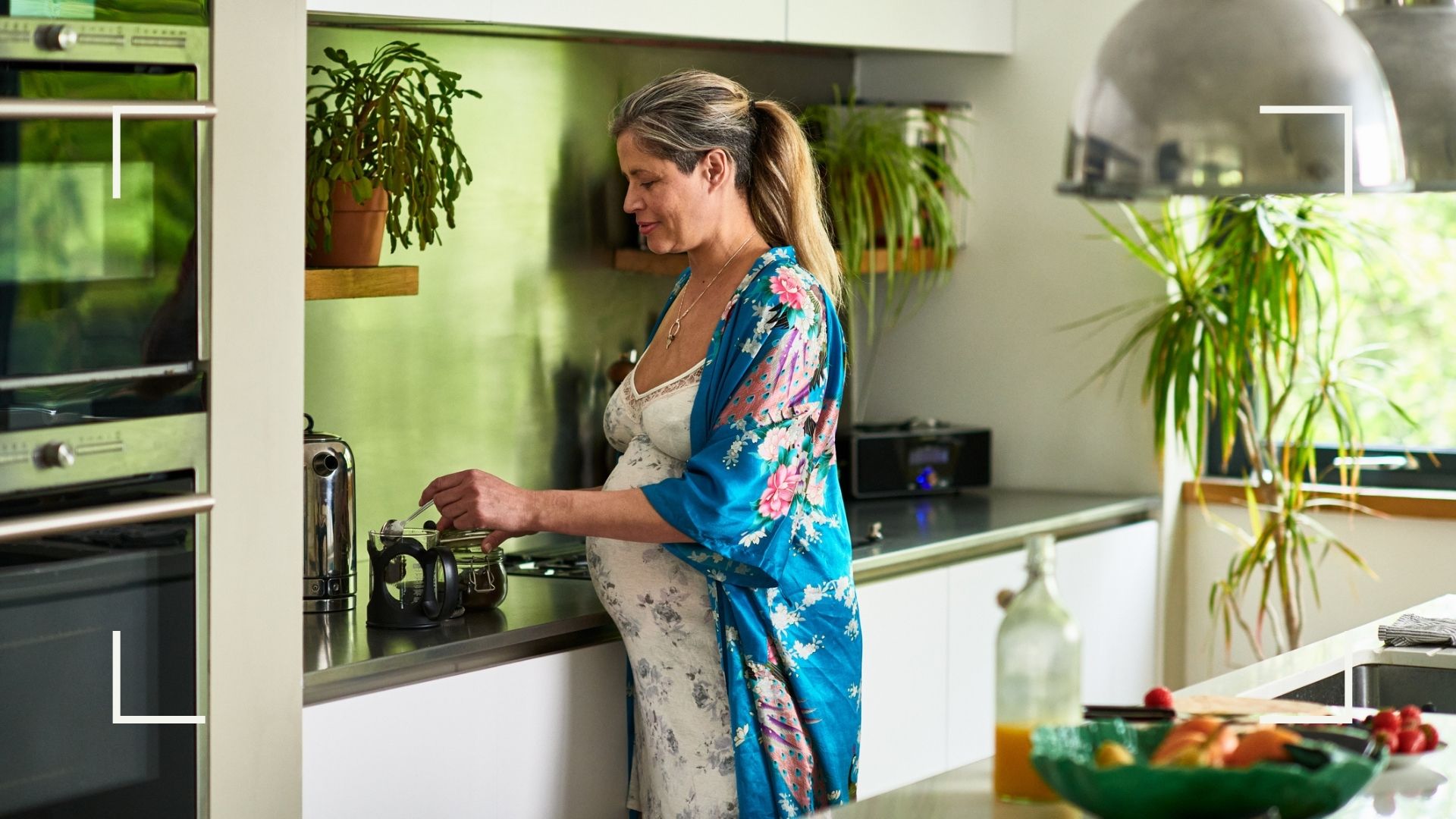

If you're wondering can you get pregnant during perimenopause, then we just want to reassure you that it's a perfectly normal question to ask. Because, from finding love to career progression, there's no right or wrong time to start considering children—it's simply when is best for you.
However, while you may be aware that female fertility changes with age, it can be less well known how it alters during this life stage thanks to natural hormonal fluctuations. Whether you're looking at your options for future motherhood, or are already embarking on your journey to try for a baby, we've called on the experts to explain all you need to know about conceiving during perimenopause.
A menopause specialist and GP will reveal at what age it usually takes place, the key things that will happen to your body, as well as whether it is still possible to get pregnant and the likelihood. What's more, they'll share their main advice for what to do if you want to start or expand your family, even if perimenopause symptoms have arrived.
Can you get pregnant during perimenopause?
Yes, it's still possible to get pregnant during perimenopause as you may still be ovulating—which is when an egg is released, Dr Sarah Brewer, a GP and medical director at Healthspan, says. This means that if you don’t want to expand your family, then you should still stay protected.
“You should check with your GP how long you should continue to use contraception—most will say for two years after your last period for women under age 50, and until one year after the last natural menstrual period in women over age 50,” she adds.
But what exactly is perimenopause? “The menopause is diagnosed when a woman has missed her menstrual cycles for 12 months or more,” says Dr Laila Kaikavoosi, a GP, menopause specialist, and founder of the Online Menopause Centre. “Any time before this, when women are experiencing symptoms of menopause but still have regular—or irregular—menstrual cycles, is called perimenopause." This first of the stages of menopause can last from seven to ten years before menopause, which takes place in the United States on average at 51 years old.
This means that while some women can begin perimenopause in their 30s, it is usually from their 40s. “Common symptoms include hot flushes, night sweats, vaginal dryness leading to discomfort during sex, disrupted sleep, problems with memory as well as concentration and mood swings,” explains Dr Brewer. “Symptoms can be worse in slimmer women, among female smokers and also those who live stressful lives due to differing levels of estrogen." Indeed, learning how to relax your mind is always important.
Sign up for the woman&home newsletter
Sign up to our free daily email for the latest royal and entertainment news, interesting opinion, expert advice on styling and beauty trends, and no-nonsense guides to the health and wellness questions you want answered.

What are the chances of getting pregnant during perimenopause?
However, while pregnancy is possible, the likelihood does change. “Of course, the chances of getting pregnant are less as women become perimenopausal,” notes Dr Kaikavoosi. “This is because women have fewer eggs and their hormone levels fluctuate massively, making the environment not suitable for pregnancy to continue. Women may continue to have regular menstrual cycles during perimenopause but this does not mean they are ovulating."
Indeed, the chances of these ‘anovulatory’ cycles increase as women enter their 40s. However, even with eggs maturing, and periods becoming erratic and either heavier or lighter, there is still a possibility. "You can still ovulate, and may release more than one egg, which is why conceiving twins becomes more common with increasing age,” notes Dr Brewer.
That said, the chances of conceiving naturally around perimenopause are very low. “Usually no more than around 2%,” reveals Dr Larisa Corda, an obstetrician and gynecologist for the NHS. “Even techniques such as IVF are limited due to the low number of eggs available and their significantly lower quality compared to younger eggs. In addition, the risk of miscarriage becomes much higher, reaching 50% in women aged 45, as well as the risk of certain congenital abnormalities.” She also points to the added risk of being pregnant at an older age, which can cause complications like pre-eclampsia, preterm labor, placental problems, and growth restriction of the baby.
Tips for getting pregnant during perimenopause
“It is really important to look after yourself and ensure that your body is as capable as possible of supporting a healthy pregnancy," says Dr Corda. "As well as producing the best possible quality of eggs, it can also improve the chances of conception and lead to a healthier baby.
"There is no doubt that using donor eggs at this stage leads to the best chance of success of up to around 40%. However, for many women, this is not an easy decision. And it can be complicated if she already has biological children of her own,” she notes.
As such, if you want to try and conceive naturally, here are some things to bear in mind.
1. Get personal
Every woman is different, so it’s worth getting an individual evaluation for possible next steps. “My best advice is to consult with a specialist,” suggests Dr Kaikavoosi. “They will be able to help you balance and regulate your hormones to give your body the best chance to continue with pregnancy should you conceive.”
If you’re unsure where to receive the best guidance, an ideal starting point would be with your doctor who can refer you.
2. Track ovulation
“Use an ovulation predictor kit which measures urinary levels of a hormone called luteinizing hormone (LH), which is produced in a surge before ovulation to stimulate the production of eggs, estrogen and progesterone by the ovaries,” recommends Dr Brewer.
“Ovulation can occur immediately after the start of the LH surge, or within 24 to 36 hours following it. Using a urinary ovulation prediction kit will tell you the best time to have sex which should be as soon as possible after the LH surge is noted by a positive test and also the next day too," she says.

3. Cut back
There are certain things to avoid to bolster your chances of pregnancy. “Eat good, nutritious and organic food where possible, that has not been affected by chemicals or pesticides and is predominantly plant-based,” advises Dr Corda. "Decide to use products whose composition is predominantly natural to reduce the risk of disrupting any hormone signaling in the body, and minimizing toxic exposure by cutting out smoking and alcohol is also important for you and the baby." Indeed, curbing a drinking problem will help your overall health too.
4. Add in
Get plenty of movement, rest, and relaxation. “Exercise is vital for improving blood flow to the main reproductive organs, as well as keeping your body weight in the normal range and reducing the chance of miscarriage,” explains Dr Corda.
“Additionally, sleep is important for improving immunity and getting rid of excess hormones, while regular sex throughout your cycle can help improve the quality of sperm as well as the internal womb conditions for the baby. Then there’s learning how to deal with stress, which is often underestimated but is important when it comes to keeping the sex hormones in balance."
5. Think ahead
“Aside from lifestyle interventions, it’s important to consider fertility preservation sooner rather than later if you think you may be deferred in being able to start a family, whether it’s through lack of a suitable partner or due to career progression,” notes Dr Corda.
“Sometimes the desire to have a child is aroused later on in women and sometimes it occurs because of a new relationship—but where possible, preservation via egg or embryo freezing up to the age of 40 is something that will provide the best chance of success later on.”
Can you get pregnant after menopause?
Yes, it is possible to conceive if you're postmenopausal—but it might look a little different from before menopause. This is due to changes in hormone levels that mean your body no longer goes through ovulation and releases an egg.
It is likely you won’t be able to conceive on your own. “Falling pregnant after menopause is only possible with assisted conception techniques and donor eggs unless you have previously had some of your eggs harvested and frozen,” explains Dr Brewer.

Lauren is a freelance writer and editor with a decade of print and digital journalism experience. While she specialises in covering health and wellness topics - ranging from nutrition and fitness, to women’s health conditions and mental wellbeing - she has written across a diverse range of lifestyle topics, including fashion, beauty, interiors and travel.
In addition to writing for Woman & Home and sister title Homes & Gardens, Lauren's work has also been published by Women’s Health, The Times, Daily Telegraph, Elle, Cosmopolitan, The Guardian, Marie Claire, Body + Soul, Stylist, Glamour, Grazia, Red, Dazed Digital, Yahoo Life, The Sun’s Fabulous, Get The Gloss and Hello! among others.
-
 Our favourite Nicole Kidman beauty looks from across the years
Our favourite Nicole Kidman beauty looks from across the yearsRevisit some of the star's most iconic hair and makeup moments
By Lucy Abbersteen
-
 Ground cover plants – 8 low-growing options recommended by gardening professionals
Ground cover plants – 8 low-growing options recommended by gardening professionalsA carpet of ground cover plants will cover unsightly bare soil and help suppress weeds – here are some top options to choose from
By Holly Crossley
-
 5 sexperts share their secrets to better sex for mature women
5 sexperts share their secrets to better sex for mature womenThese women know how to put the va-va-voom back into the bedroom… possibly even the kitchen! Here's what we've learned from them
By Kim Willis
-
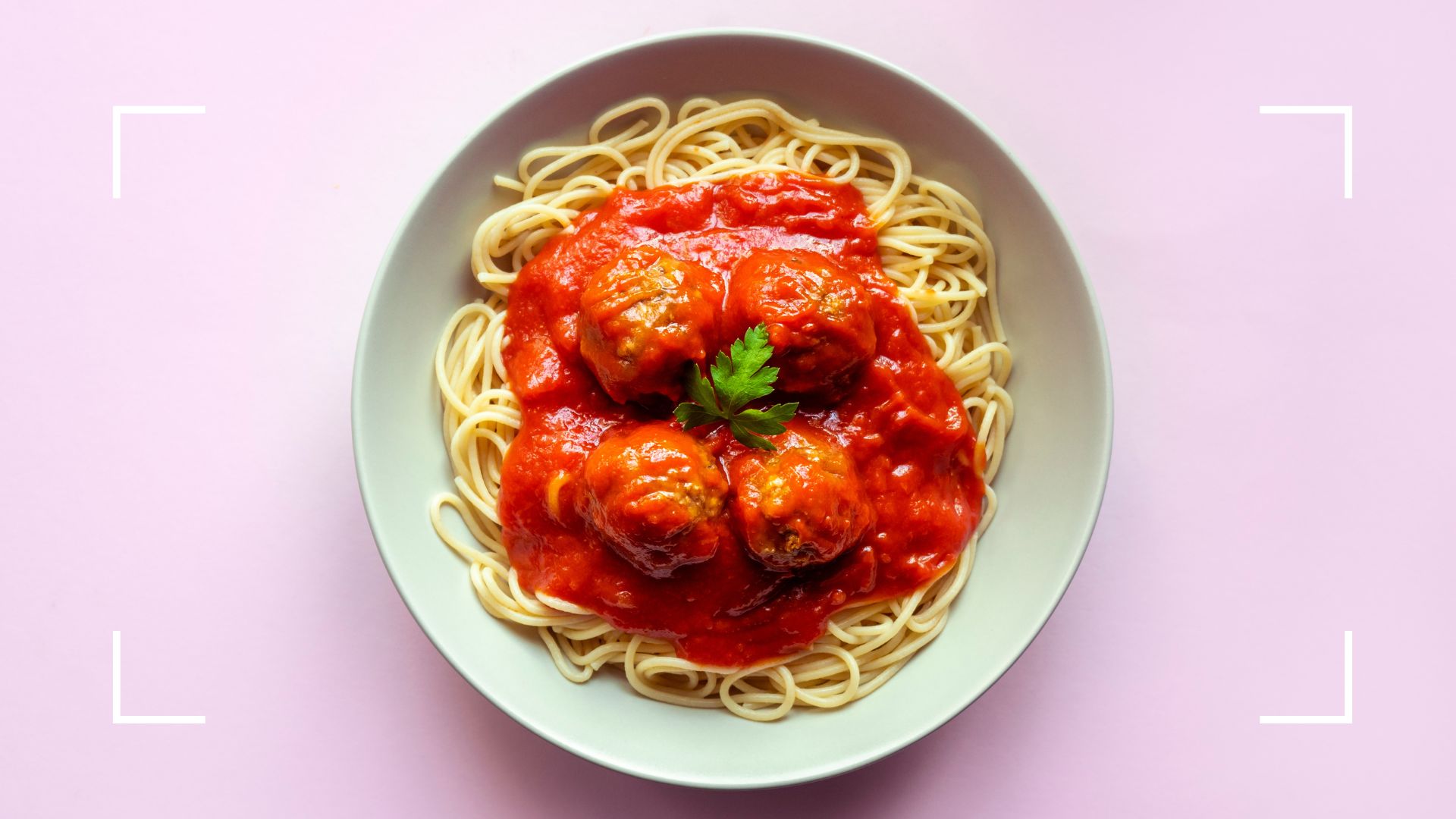 Can menopause cause a loss of taste and smell? Plus, 6 other signs of menopause you might not expect
Can menopause cause a loss of taste and smell? Plus, 6 other signs of menopause you might not expectCan menopause cause a loss of taste and smell? It's more than just colds and flu that can change our tastebuds
By Emily Smith
-
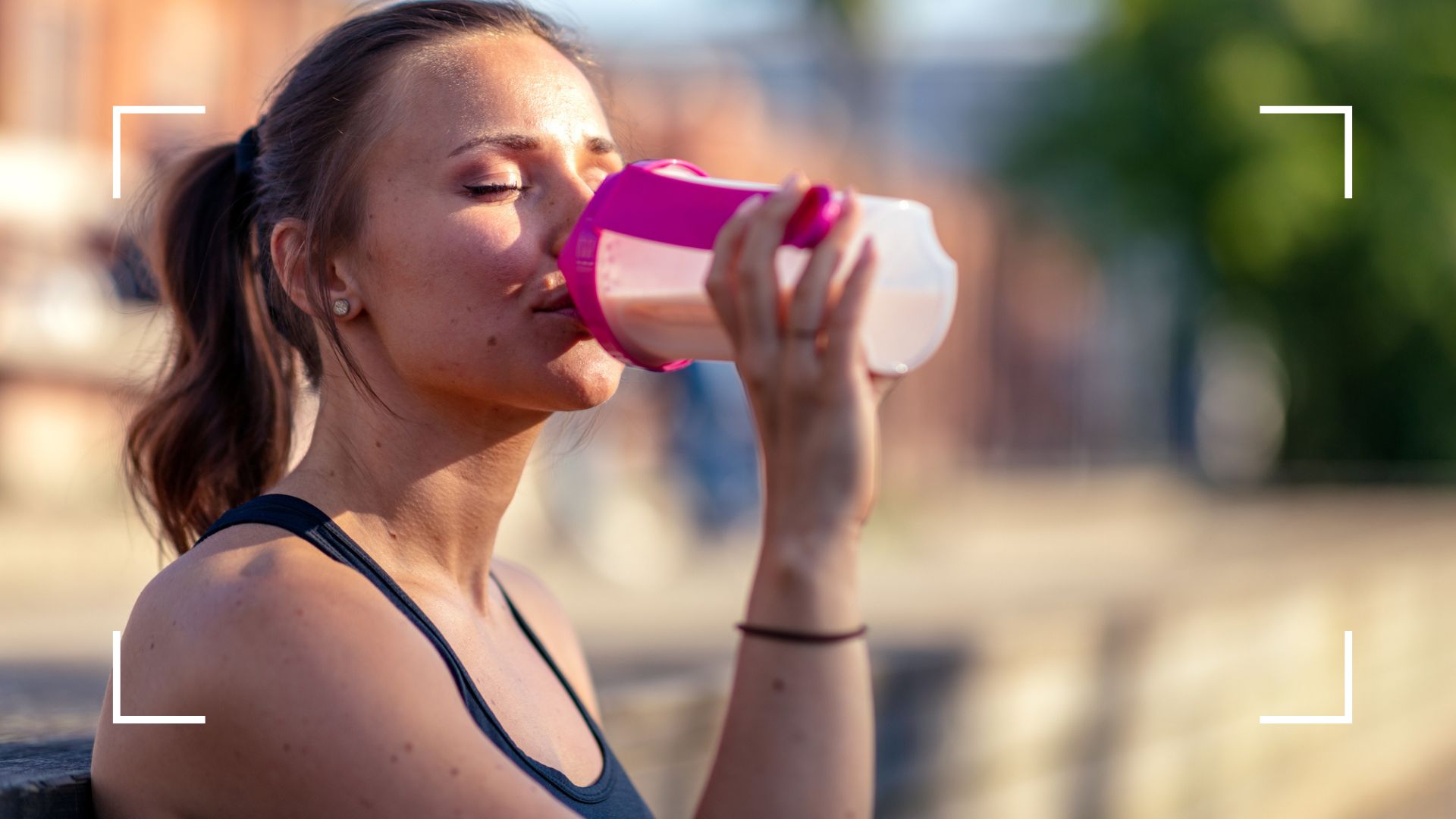 The health benefits of protein powder for women, according to a nutritionist
The health benefits of protein powder for women, according to a nutritionistWe've got the scoop on the benefits of protein powder when it comes to your health
By Lucy Gornall
-
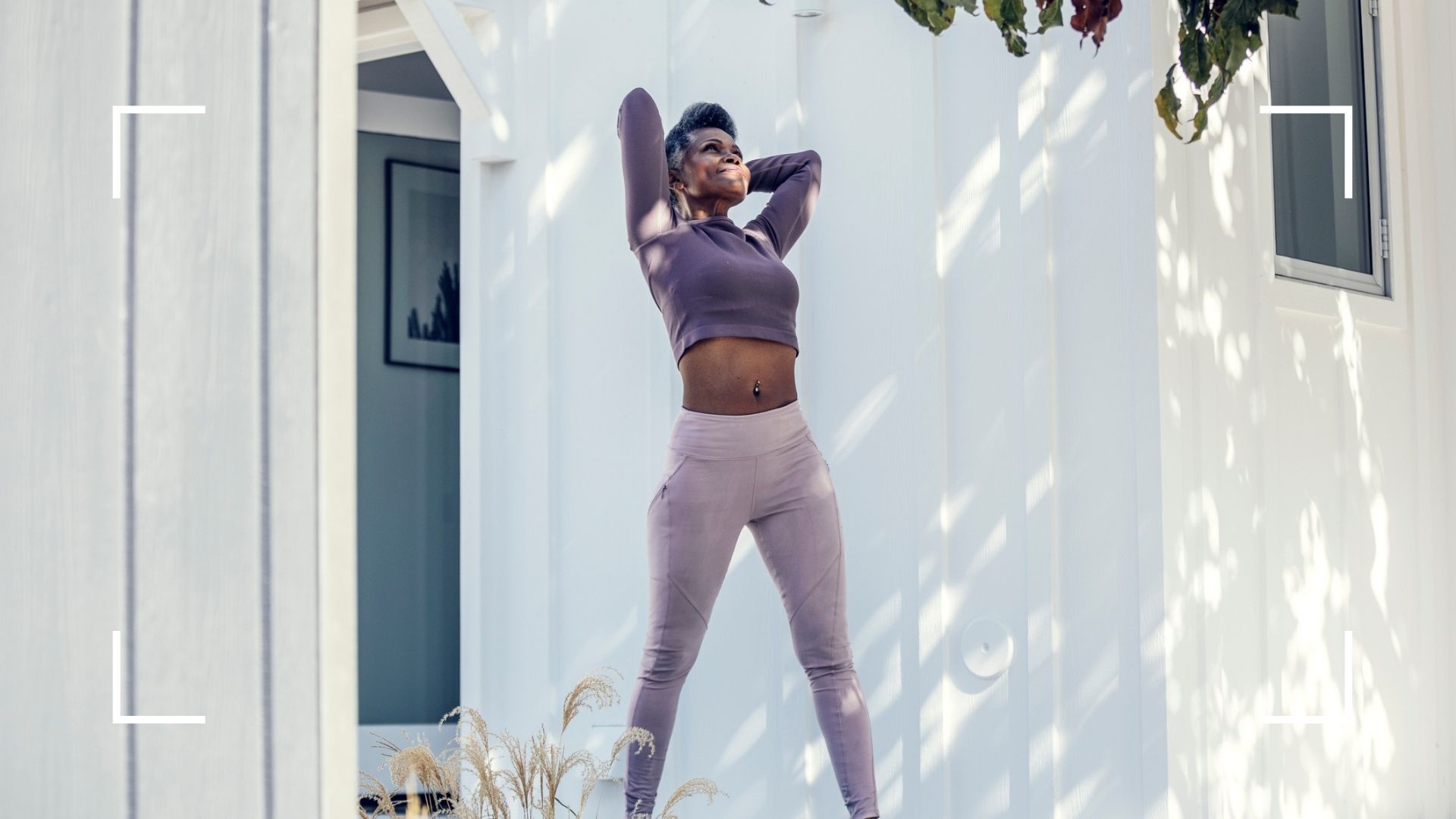 Wondering if you're postmenopausal? These are 9 ways your body changes post-menopause
Wondering if you're postmenopausal? These are 9 ways your body changes post-menopauseThese are the body changes you can expect if you're postmenopausal
By Lauren Clark
-
 What are the main menopause symptoms? Find out the signs and when to see your doctor
What are the main menopause symptoms? Find out the signs and when to see your doctorA team of experts outline common menopause symptoms and how to deal with them
By Stacey Carter
-
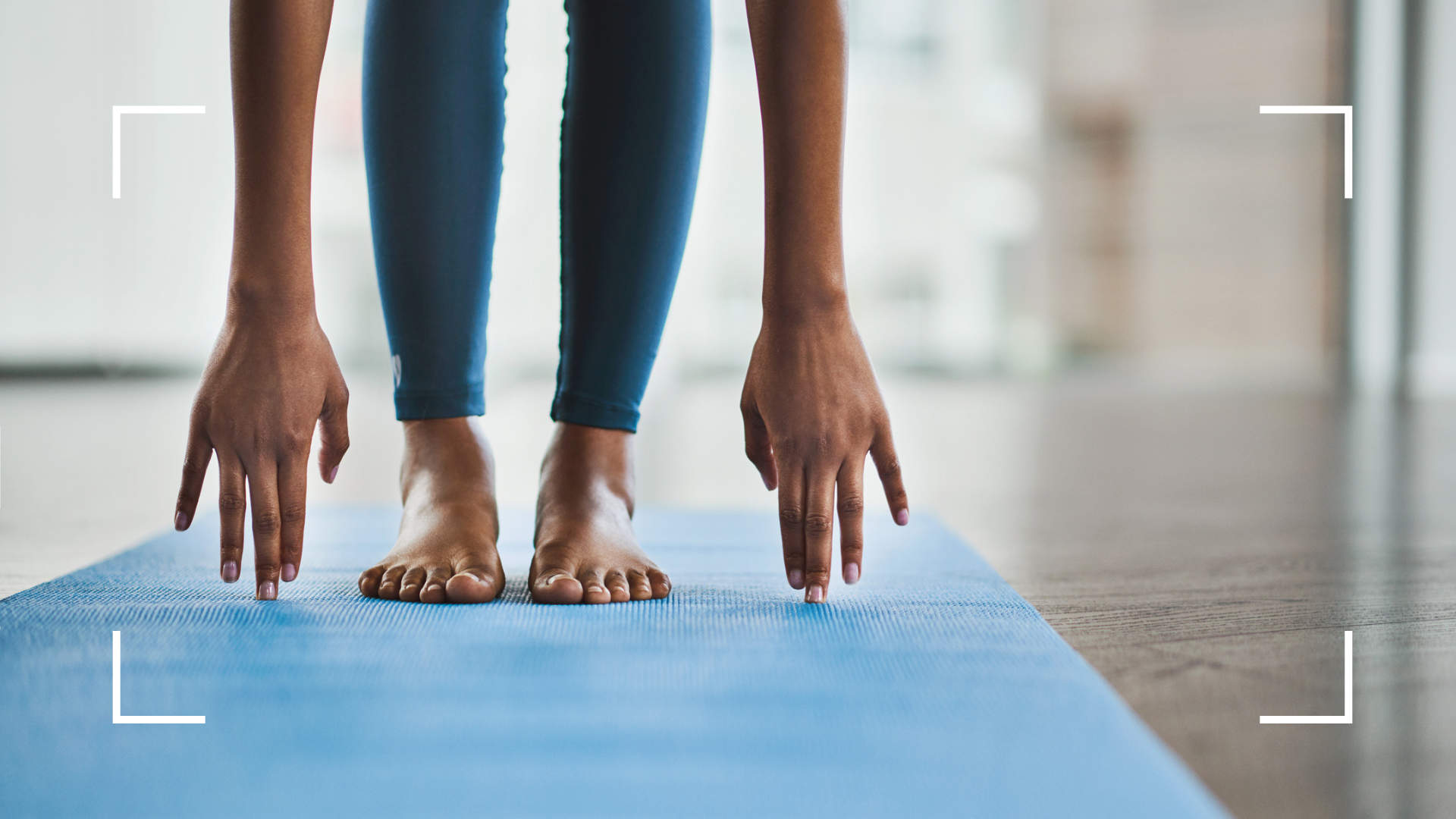 Here's how to tell whether you're experiencing menopausal weight gain—and what to do about it
Here's how to tell whether you're experiencing menopausal weight gain—and what to do about itIf menopausal weight gain is knocking your confidence, this is everything you need to know...
By Lauren Clark
-
 How to calm down hot flushes if you are going through the menopause
How to calm down hot flushes if you are going through the menopauseHot flushes are thought to be caused by hormonal fluctuations—these are the best ways to ease them...
By Lauren Hughes
-
 Menopause needs an image rebrand—let’s celebrate rather than fear it
Menopause needs an image rebrand—let’s celebrate rather than fear itA convincing argument on why menopause can be a positive stage of a woman's life
By Michelle Hather